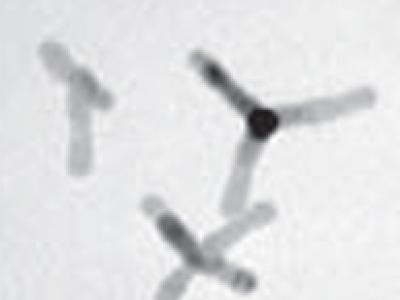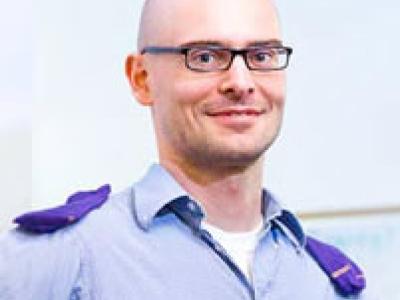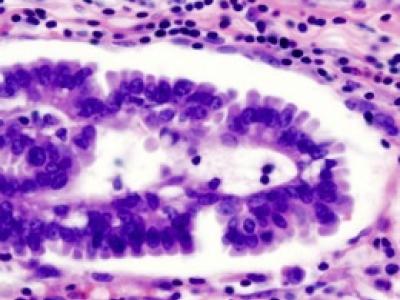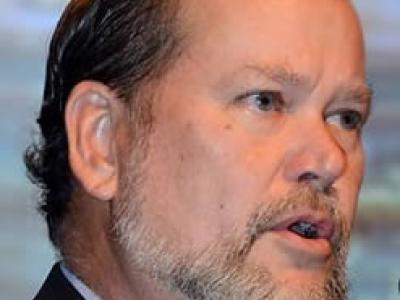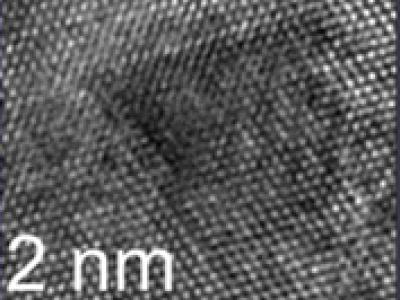Gray whales likely survived the Ice Ages by changing their diets
If ancient gray whale populations migrated and fed the same as today’s whales, what happened during the Ice Ages, when their major feeding grounds disappeared? UC Berkeley and Smithsonian paleontologists argue that gray whales utilized a range of food sources in the past, including herring and krill, in addition to the benthic organisms they consume today. As a result, prewhaling populations were two to four times greater than today’s population of around 22,000.



